Landing a job as a Microsoft product manager is the dream of any aspiring product professional.
Today, Microsoft remains one of the largest and most successful companies in the SaaS industry. Anyone aiming to sharpen their skills in product management with a gratifying work and life experience can look to Microsoft.
This article will provide an overview of the responsibilities and tasks that Microsoft product managers assume while on the job. We will also look at the kind of background you need to be a Microsoft product manager and some pointers on interview process that will help you succeed in the role.
What does a Microsoft Product Manager do?
A Microsoft product manager oversees, develops, advocates for, and advances Microsoft’s product development processes from start to finish.
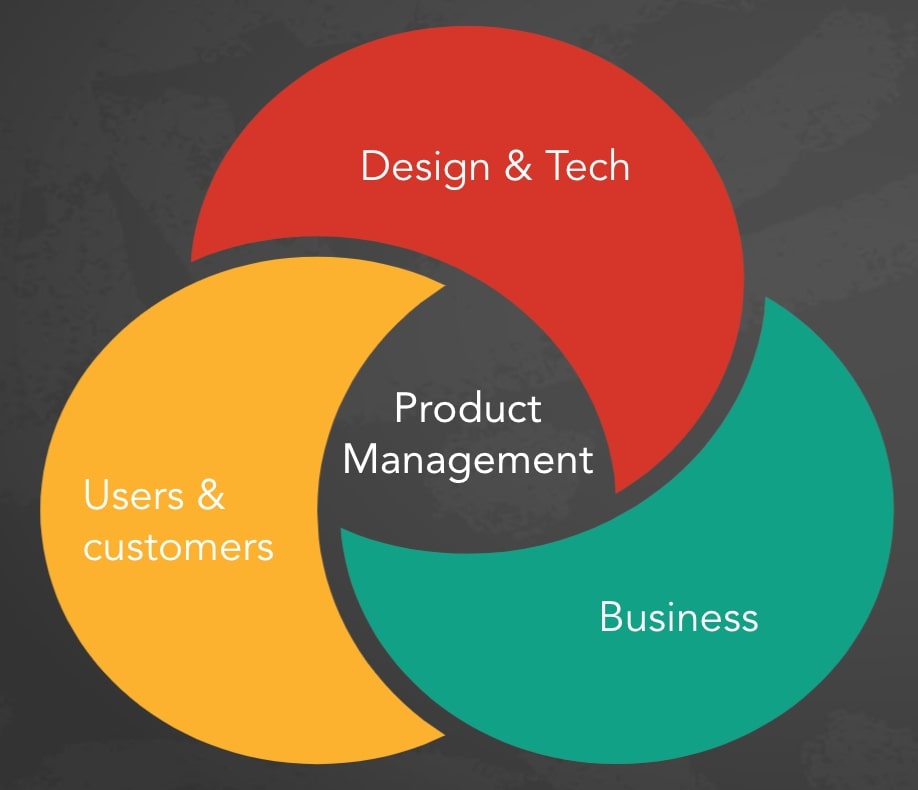
Microsoft product managers provide guidance and support in all things related to Microsoft’s products. Since Microsoft is such a large company, its product managers play an active role in developing multiple SaaS products for various users and markets.
Given the sheer number of Microsoft products, a Microsoft product manager may be assigned to several SaaS products or work on only one at a given time.
Microsoft product managers are full-time professionals whose positions demand versatility and mastery over the following disciplines:
- Research
- Communication
- Collaboration
- Documentation
- Management
Like traditional product managers, a Microsoft product manager doesn’t overlook the product creation process. Microsoft product managers also oversee the people and teams that are involved in the development process.
To discuss the responsibilities that these types of product managers cover, we will categorize them into four key branches:
- Market Research
- Product Roadmap
- Management
- Post-Development
Let’s take a closer look at each one.
Microsoft Product Manager Job Duties and Responsibilities
Here are some of the basic job duties and responsibilities of a Microsoft product manager:
1. Market Research
Microsoft product managers must dedicate time to conducting intense, in-depth market research.
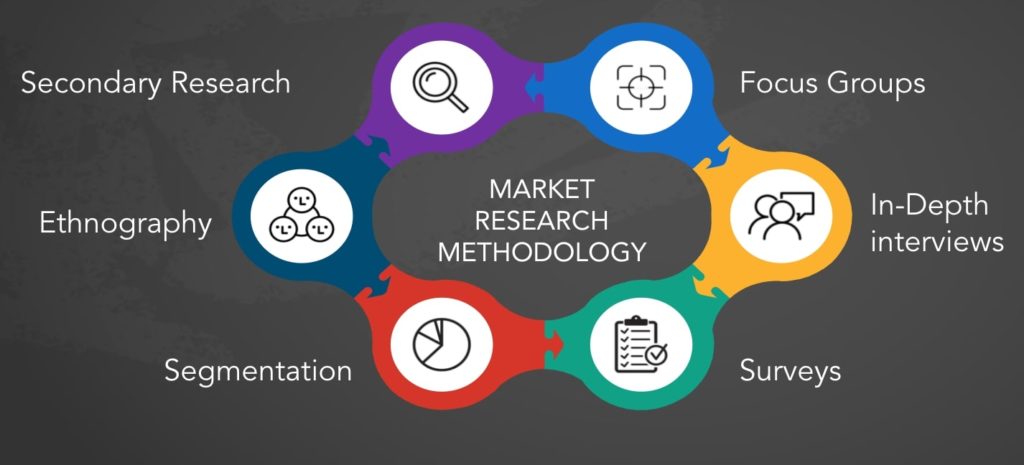
Despite its major success, Microsoft still operates within a competitive industry. The biggest software and technology services providers work day and night to find new and innovative ways to grow their business and take over from Microsoft as a SaaS industry leader.
For that reason, Microsoft product managers must conduct the relevant research needed to help Microsoft remain a step ahead of its competitors.
This entails conducting research related to Microsoft’s competitors and each one’s respective products. To do so, Microsoft product managers will assess the value proposition of each one of these products such as Microsoft Azure, as well as their unique features and shortcomings. Product managers may leverage analytical tools such as a SWOT analysis to structure their approach to competitors.

Credits: Research Gate
Once that is done, Microsoft product managers then use the information they’ve collected to refine their product strategies. This can include putting plans in place to improve an existing Microsoft product or even plans to create and launch a new one.
In all cases, Microsoft product managers will carry out several research-related tasks.
One of the most common ones is conducting user interviews.
To do so, these product managers first construct buyer personas that reflect the dimensions of their respective target market.

Credits: Hootsuite Blog
Microsoft product managers may also prepare and distribute surveys and questionnaires to their users to gain additional information where needed.
2. Product Roadmaps
Just like regular product managers, a Microsoft product manager has to develop and manage a product roadmap. These are high-level documents that seek to streamline the product design, development, and launch processes. Product roadmaps also serve to centralize the entire product team around a common overarching vision and goal for a given product.
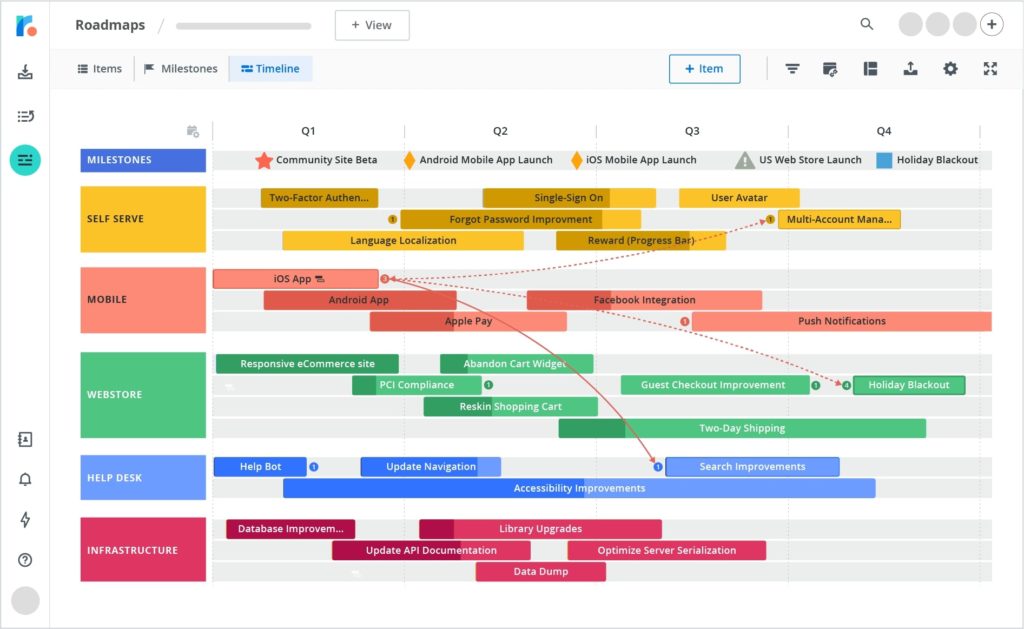
Credits: Roadmunk
To create a product roadmap, a Microsoft product manager must first create an effective product strategy that lays out all product objectives clearly and concisely.
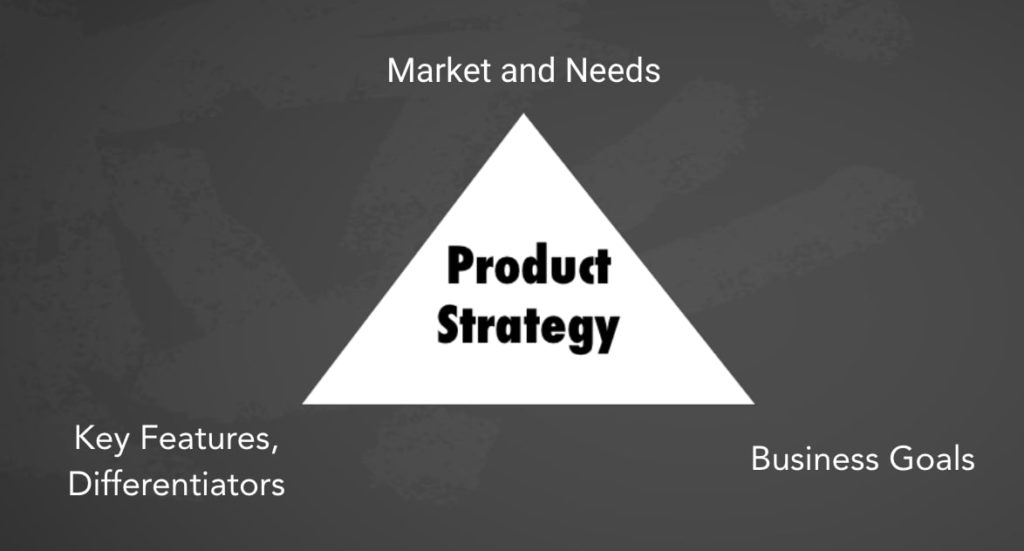
Once that is done, Microsoft product managers then come up with a timeframe that allows the product team to meet the objectives that have been laid out. This timeframe needs to be realistic. In most cases, given the complexities of Microsoft projects, product managers may assign timeframes to key milestones that aid the organization meet its own goals and objectives.
As indicated, a Microsoft product manager may have more than one product in their portfolio. Therefore, in such cases, they must create a product roadmap for each product they have been assigned.
3. Management
A major part of a Microsoft product manager’s job is to create effective management processes. These processes serve to streamline the workflow for the entire product team.
This calls for generating standards that product teams and related departments can follow for better functioning. This calls for:
- Observing how current teams operate within the workplace
- Studying effective practices within similar departments in competitor companies
- Creating step-by-step guides on how to maximize effectiveness throughout the product’s lifecycle
- Seeking approval from senior product managers or the rest of the management team to implement these process improvements
Microsoft product managers will also have to put in place various programs and initiatives that promote team and community engagement and boost motivation while working on Microsoft products.
4. Post-Development
Once the product development team has completed the design and development phases, a Microsoft PM must then prepare for the product launch.
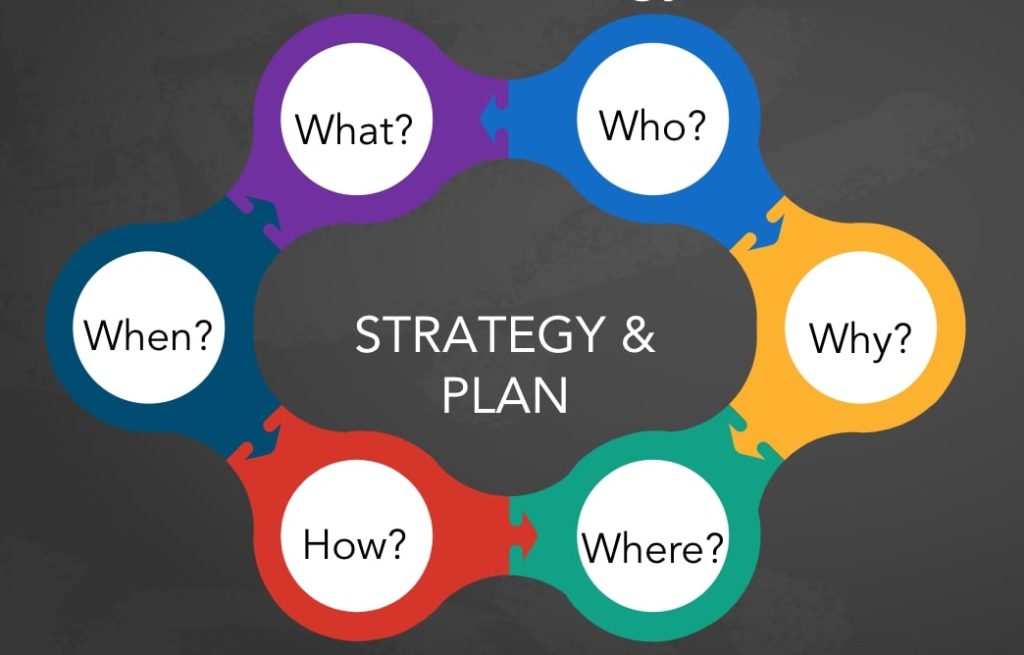
On one hand, this will entail product testing and showcasing to the relevant members of senior management for their approval.
On the other hand, this also involves coming up with the right marketing strategy that will best position the Microsoft product within its intended market.
Granted, given the large size of the company, most Microsoft product managers will have the support of a junior product marketing professional. This can take the shape of either an associate product manager or a product marketing manager. In such cases, these professionals will assist the product manager in developing a marketing strategy that is best suited for the given Microsoft product.
However, in the absence of such a professional, Microsoft product managers will have to take on all of the responsibilities that come with those tasks.
If you’re interested in learning the skills to become a great Microsoft Product Manager, then check out our product management certification courses.
Microsoft Product Manager Qualifications
Product management is a field noted for the diverse backgrounds that its professionals have.
That said, there are some common qualifications that most product managers share. If you’re looking at working with Microsoft, understanding these basic requirements will help you land a role as a product manager. Not only will it help you to understand the entry requirements, but it will also let you know how you can differentiate yourself from others.
Here are some of the most common qualifications for product managers at Microsoft:
- Bachelor’s degree in Business Administration (BBA)
- Master’s degree in Business Administration (MBA) in a relevant discipline such as Product Marketing or Business Management
- Advanced vocational diploma in Applied Business Management, Product Management, or Finance
- Degree plus extended internship within a Microsoft product team or as a junior product manager at a startup
On top of the relevant qualifications, it’s beneficial to have some working knowledge of product marketing or ownership. A degree in computer science will help you build experience in program management.
How to Succeed as a Microsoft Product Manager?
Managing products in the tech and cloud sectors is not easy. However, it helps to know as much as you can about the product, the target market, and the capabilities to develop something that will make waves.
This approach will help set you on the right path as a product manager at a company such as Microsoft.
Here are some additional tips that will help you to succeed as a Microsoft product manager:
- Microsoft product managers must always consider the pain points of the target market and deliver optimal solutions. This will take the form of creating a better user experience across the board.
- Online certifications have become a staple in product management when it comes to getting top-quality training. Look for a certification that you can apply in the workplace and use to advance your career.
- Focusing more on the customer instead of the product. You will see that that will automatically help you develop, launch, and evolve products that are always a hit with the audience. Study and analyze the user while also conducting effective user interviews for invaluable insight.
- Being a product manager means being the center point of all communication between teams in multiple locations. For that reason, you need to be an excellent communicator, especially if you work for Microsoft.
- This company has offices and teams in Seattle, Redmond, Bellevue, and other places within the United States. You will need the right skills to unite people from all those locations under a single product vision.
Final Remarks
Microsoft is one of the biggest tech companies in the world.
The opportunity to work for them as a product manager is a once-in-a-lifetime chance to learn how a mega-tech brand achieves success.
If you do land that job, be sure to upskill your product management, prioritization, problem-solving, and communication skills. Those will come in handy as you navigate the challenges of such an important leadership role within one of the world’s leading companies.
The better you are at showcasing your capabilities, the more likely your average salary will go up throughout your time at Microsoft.
Don’t forget to consider taking a Product Management Certification Program. These kinds of programs will help prepare you for the responsibilities that come with product management roles.
That way, you’ll feel and act prepared once you’ve been given the chance to show your capabilities as a professional.
FAQs
Here are answers to the questions that aspiring Microsoft employees frequently ask:
What does a Microsoft product manager do?
A Microsoft product manager defines product vision and strategy, working closely with engineering, design, and marketing teams to deliver innovative solutions. Additionally, they analyze market trends and customer feedback to continuously improve and iterate on the product. They prioritize features, manage product roadmaps, and ensure alignment with customer needs and business goals.
What is the salary level of a product manager at Microsoft?
The salary for a top Product Manager role at Microsoft ranges from $153,000 to $767,000 annually, with the median total compensation package being around $241,000. This includes base salary, stock options, and bonuses. Factors such as experience level, specific role, and performance can influence the total compensation.
How to become a PM at Microsoft?
Start by gaining relevant experience in product management or a related field such as software development or business analysis. Apply through Microsoft’s career portal, network within the industry, and consider obtaining relevant certifications or advanced degrees to strengthen your application.
What is the salary of a Microsoft product manager in hand?
The in-hand salary for a Product Manager at Microsoft, considering the total compensation package, typically includes a base salary of around $153,000 to $241,000. After deductions like taxes, the take-home pay would be lower, but exact figures depend on individual tax situations and other deductions.
If you are new to product management and are looking to break into your first product role, we recommend taking our Product Manager Certification Courses, where you will learn the fundamentals of product management, launch your product, and get on the fast track toward landing your first product job.
